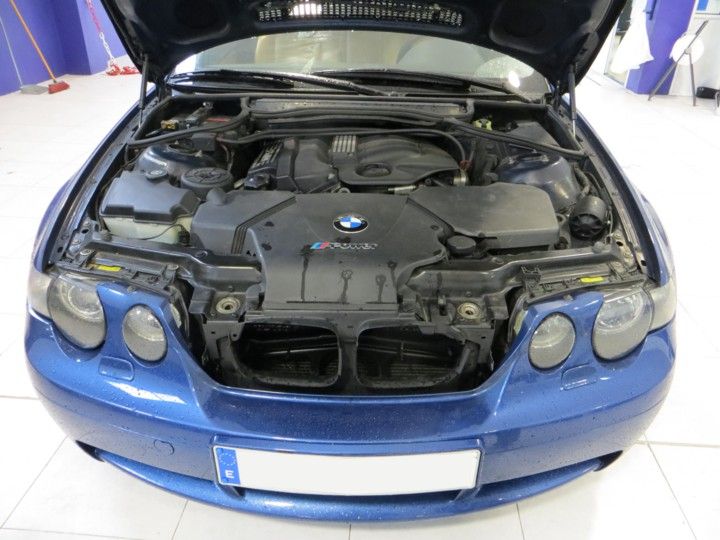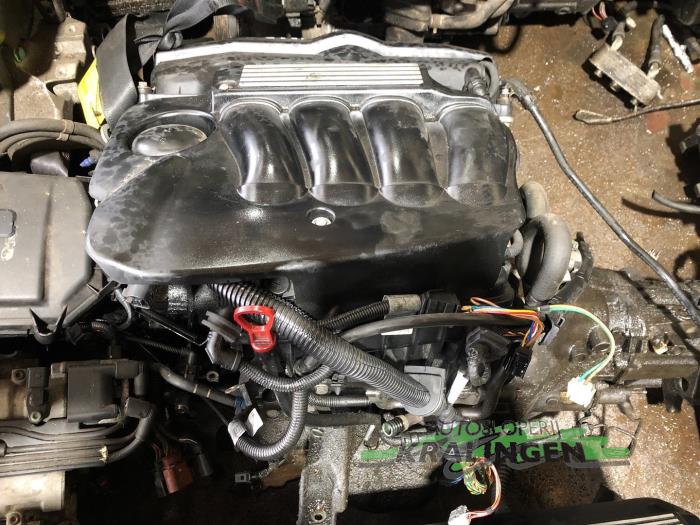Essential Factors To Consider for Picking the most effective Engine for Your Needs
In the world of picking the ideal engine to meet your demands, numerous vital variables need precise factor to consider to make sure optimum performance and performance. From the nuanced equilibrium between power and efficiency to the often-overlooked facets of upkeep and service needs, each element plays a critical duty in determining one of the most appropriate engine for your particular needs. As the intricacy of engine technologies proceeds to evolve, critical the most suitable choice demands a deep understanding of the interplay in between numerous factors to consider. By exploring the complex internet of aspects that underpin this decision-making procedure, a more clear course arises towards picking an engine that not just fulfills yet exceeds your assumptions.
Power and Performance
When evaluating engines for ideal performance, it is crucial to prioritize both power result and effectiveness. Effectiveness refers to how well the engine transforms fuel into useful power. By carefully assessing both power and performance, you can pick an engine that supplies optimal efficiency and fulfills your needs properly.
Gas Effectiveness and Economy
Gas efficiency refers to the engine's capacity to transform fuel into energy with minimal waste, straight affecting operating costs and ecological sustainability. Engines with greater fuel efficiency not just minimize gas costs yet likewise decrease carbon exhausts, adding to a greener operation.

Compatibility and Application
Thinking about the fuel effectiveness and economic climate of an engine, the next vital element to address is its compatibility and application within specific operational contexts. Compatibility refers to just how well the engine incorporates with the total system or equipment it powers.
Different engines are developed for details objectives, whether it be industrial machinery, marine vessels, automobiles, or power generators. Comprehending the intended application enables for the choice of an engine that can supply the required power output, torque, and functional attributes.
Upkeep and Service Requirements
Upkeep and solution requirements play an essential function in guaranteeing the long life and optimal performance of an engine. Routine upkeep is important to avoid break downs, extend the life expectancy of the engine, and preserve its effectiveness. When choosing an engine, review it is very important to take into consideration the supplier's recommended maintenance schedule and the schedule of service facilities or qualified technicians.
Factors such as the frequency of oil changes, filter substitutes, and overall evaluations can considerably influence the engine's performance. Some engines may require more frequent servicing based on their style and usage, while others might have longer periods in between maintenance checks. It is important to comply with these service demands to prevent costly repair services and unexpected downtime.

Price and Spending Plan Considerations
When choosing click for more an engine for a specific application,Spending plan constraints usually play a significant role in the decision-making process. When thinking about the expense and budget plan ramifications of choosing an engine, it is necessary to analyze not just the initial purchase cost however additionally the long-term expenses connected with maintenance, gas consumption, and prospective upgrades or repair work. It is important to strike an equilibrium in between the ahead of time cost of the engine and its overall lifecycle costs to make sure that the chosen engine continues to be economically lasting throughout its operational lifespan.
Elements such as fuel performance, longevity, and dependability can straight affect the complete expense of possession of an engine. While a much more expensive engine may have greater upfront costs, it might potentially result in lower maintenance and fuel get more expenditures over time, thus using better worth in the lengthy run.
Conclusion

Fuel effectiveness refers to the engine's capacity to convert fuel right into energy with very little waste, straight influencing operating expenses and ecological sustainability.Aspects affecting fuel efficiency consist of engine design, burning performance, and total performance optimization. Furthermore, selecting the suitable gas kind and grade as suggested by the engine manufacturer can additionally boost effectiveness and lengthen engine lifespan.
Engines with great use functions and easily offered parts can minimize maintenance expenses and lessen the time the engine is out of procedure - bmw 318ti. It is critical to strike an equilibrium between the in advance expense of the engine and its overall lifecycle expenses to make sure that the selected engine remains monetarily sustainable throughout its functional life expectancy